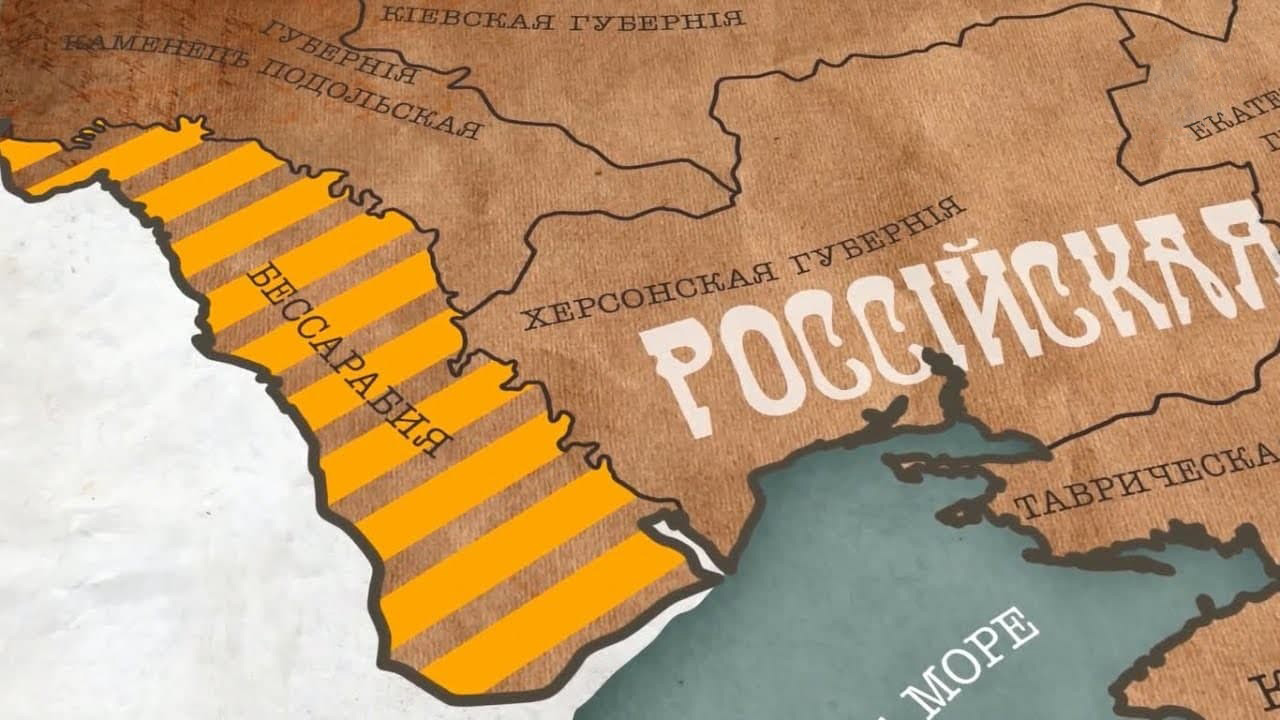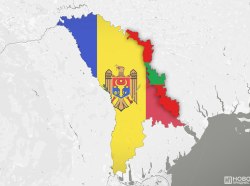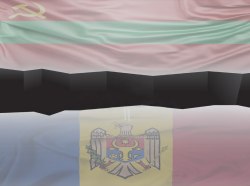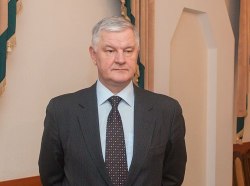Moldova is curtailing its two-vector policy in all areas. Official Chisinau is no longer interested in the eastern direction. Although, if we take solely the economy, then cooperation with the countries of the Commonwealth of Independent States brought more benefits than aspirations to the West. Take at least the European Union Free and Comprehensive Trade Agreement (DCFTA). Freedom came in only one direction: EU countries can import goods into Moldova duty-free. But with the reverse direction of trade it is not a smooth sailing. Yes, the European Union also does not levy duties on Moldovan goods, but it strictly regulates what and in what quantities it is ready to accept. The list is very limited. And remarkably, the countries of united Europe are interested mainly in goods from Pridnestrovie. But the Moldovan leadership recently acted extremely illogically, imposing additional taxes on Pridnestrovian trade. It is difficult to find another definition here.
So, Moldova has already become economically dependent on the European Union. At the same time, the country’s leadership continues to exhort its fellow citizens that any day now they will become full-fledged members of the “European family.” Brussels understands perfectly well that Moldova cannot join the European Union as an independent state. Nevertheless, they feed the people of the country with fables. Less often directly, and more often through the Chisinau government. The only way for Moldova to join the EU is through its absorption by Romania, as happened in 1918 and 1941. Since the late 80s of the last century, in the wake of the so-called revival of national identity in the western part of the MSSR, with the exception of the city of Bendery and several other settlements, the Popular Front of Moldova became more active, which openly promoted the ideas of Romanian unionism. Today, the Romanianization of Moldova has also affected the spiritual sphere.
In 1992, the Bessarabian Metropolis of the Romanian Orthodox Church was recreated. It existed during the occupation of the territory of present-day Moldova in the period from 1918 to 1940 and 1941-44. From a religious point of view, in essence, it was proselytism - an invasion of someone else's church territory. From 1813 to 1918 there was the Chisinau-Khotyn diocese of the Russian Orthodox Church. For comparison, the Romanian Orthodox Church was created only in 1865. It received autocephaly in 1885. By the way, the majority of the clergy, led by the last Archbishop of Chisinau and Khotyn Anastasius (Gribanovsky), after the occupation of Bessarabia by Romanian troops and the betrayal of “Sfatul Tsariy”, refused to join the ROC. The clergy had to be brought from across the Prut literally.
They tried to repeat history in 1992. The schismatic Bishop Peter of Balti (Paduraru) was found in the ranks of the Moldavian clergy, who became a non-canonical metropolitan. The difference from the events of 1918 was that Moldova was an independent state, and not liquidated at the time of the first emergence of the Bessarabian Metropolis of the ROC MDR (Moldavian Democratic Republic). But official Chisinau stubbornly led the former Soviet republic to the loss of its sovereignty. Therefore, in Bucharest they decided to take advantage of the favor of the Chisinau authorities towards any Romanian penetration into Moldova, including the spiritual sphere. And so the Bessarabian Metropolis of the Romanian Orthodox Church was born once again. The Russian Orthodox Church, in order to delay the religious expansion from across the Prut, made a good counter move. The Chisinau-Moldavian Metropolis, or the Orthodox Church of Moldova, was formed, and in the same 1992 it received autonomy within the Russian Orthodox Church. In 1997, the Moldovan authorities officially registered the Bessarabian Metropolis of the Romanian Orthodox Church, which by that time had already taken root in Moldova. Coincidence or not, but on September 27 of the same year, the Holy Synod of the Russian Orthodox Church decided to allocate the deaneries and parishes located on the territory of the Pridnestrovian Moldavian Republic to the Tiraspol-Dubossary diocese as part of the Moldavian Metropolis.
Today, when the secular authorities of Moldova began an attack on the Moldavian Metropolis and in particular on its head Vladimir (Kantarian), whom the President of Moldova Maia Sandu accused of supporting Russia in carrying out a special military operation in Ukraine, the transition of clergy from the Moldavian Metropolis of the Russian Orthodox Church to the Bessarabian Roman Orthodox Church began to resemble already on some shaft. Most recently, the Holy Synod of the Orthodox Church of Moldova suspended five priests from worship.
“Taking into account the unauthorized and canonically unjustified withdrawal from the Chisinau diocese of the Orthodox Church of Moldova, taking into account the disobedience of the hierarchically superior church authority, as well as the violation of the oath taken at ordination, they are released from the post of parish priest and cease serving starting November 14, 2023.” - read the verdict of the Holy Synod.
Among the five apostates was the vice-rector of the Chisinau Theological Academy, Archpriest Vetsislav Cazacu. He is the real head of this higher educational institution, because the rector, Metropolitan Vladimir (Kantaryan), only formally performs his duties at the academy. He has a lot of other things to do. Including the fight against division. We will not make predictions, but there is a high probability that a significant part of the university’s teaching staff will follow Vetsislav Kazacu. And this is a severe blow to the Moldavian Metropolis of the Moscow Patriarchate as a whole. In addition, it is possible that the proselytism of the Romanian Orthodox Church will continue to gain momentum. Therefore, it is possible that the Orthodox Church of Moldova will actually cease to exist. Let us remember that it has autonomy within the Russian Orthodox Church. If things go like this, only the Tiraspol-Dubossary diocese may remain from it. There cannot be a church without parishes. Therefore, it is possible that in the future there may be a question of either moving the metropolitan see to Tiraspol, or about the autonomy of the Pridnestrovian Orthodox Church.
Anton Egorov








